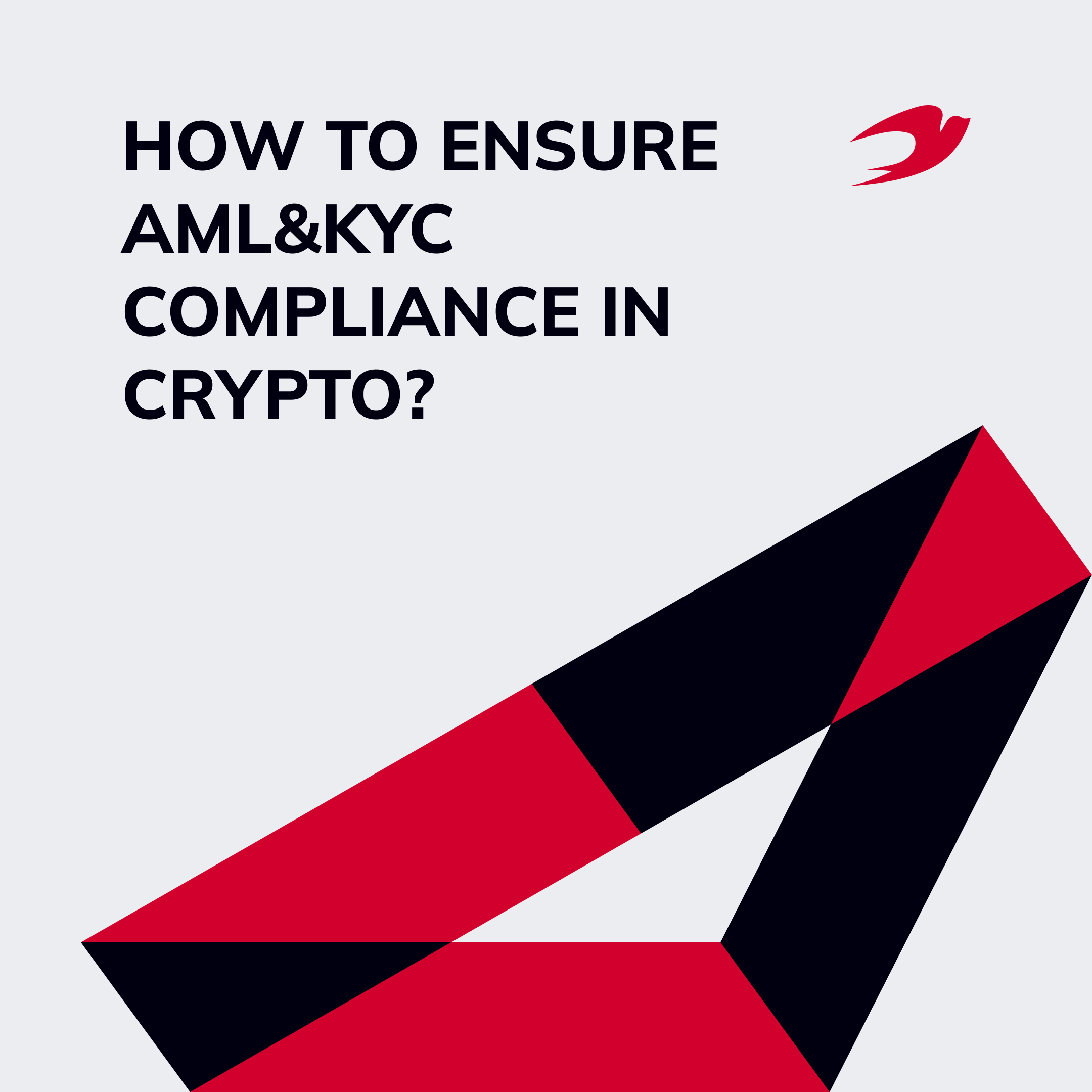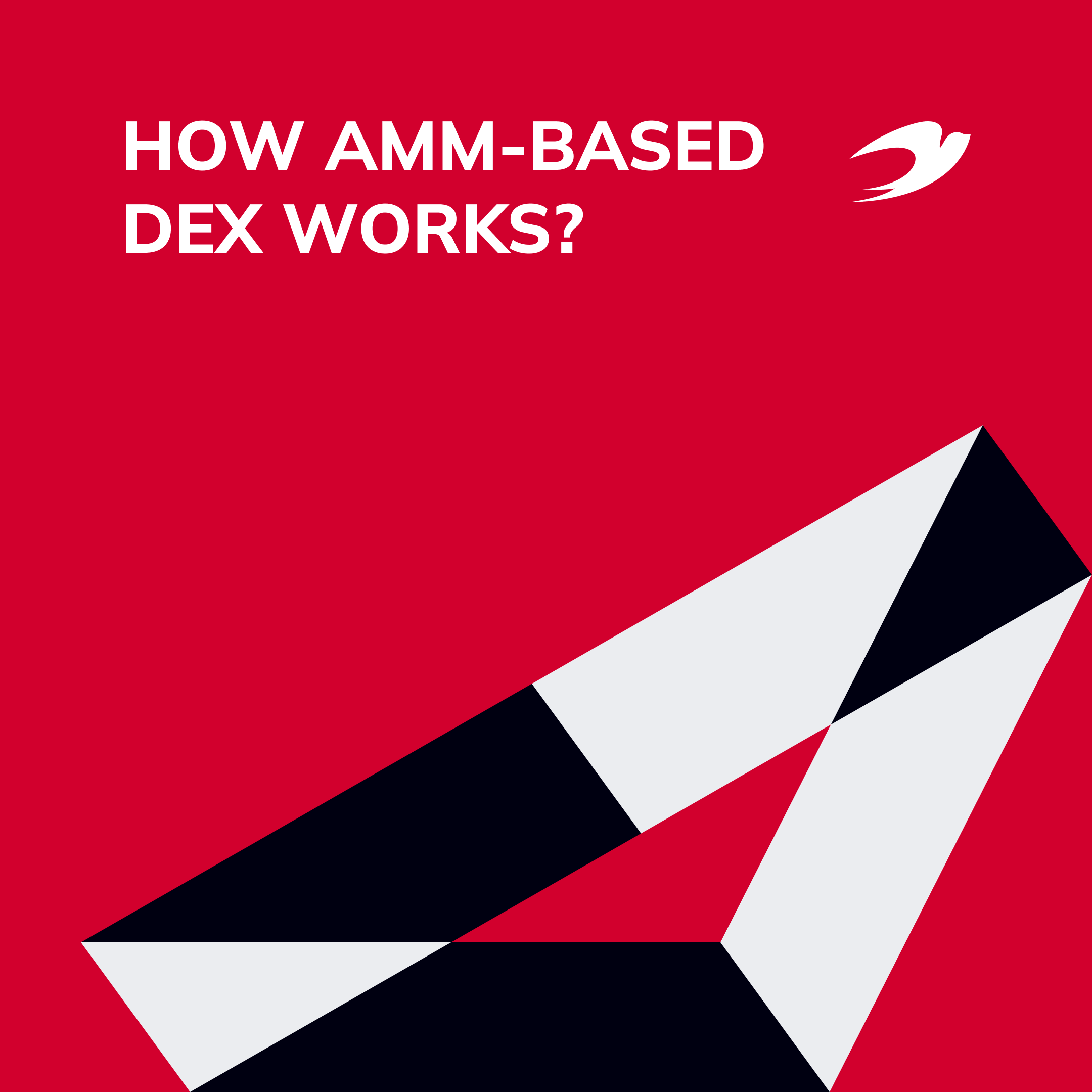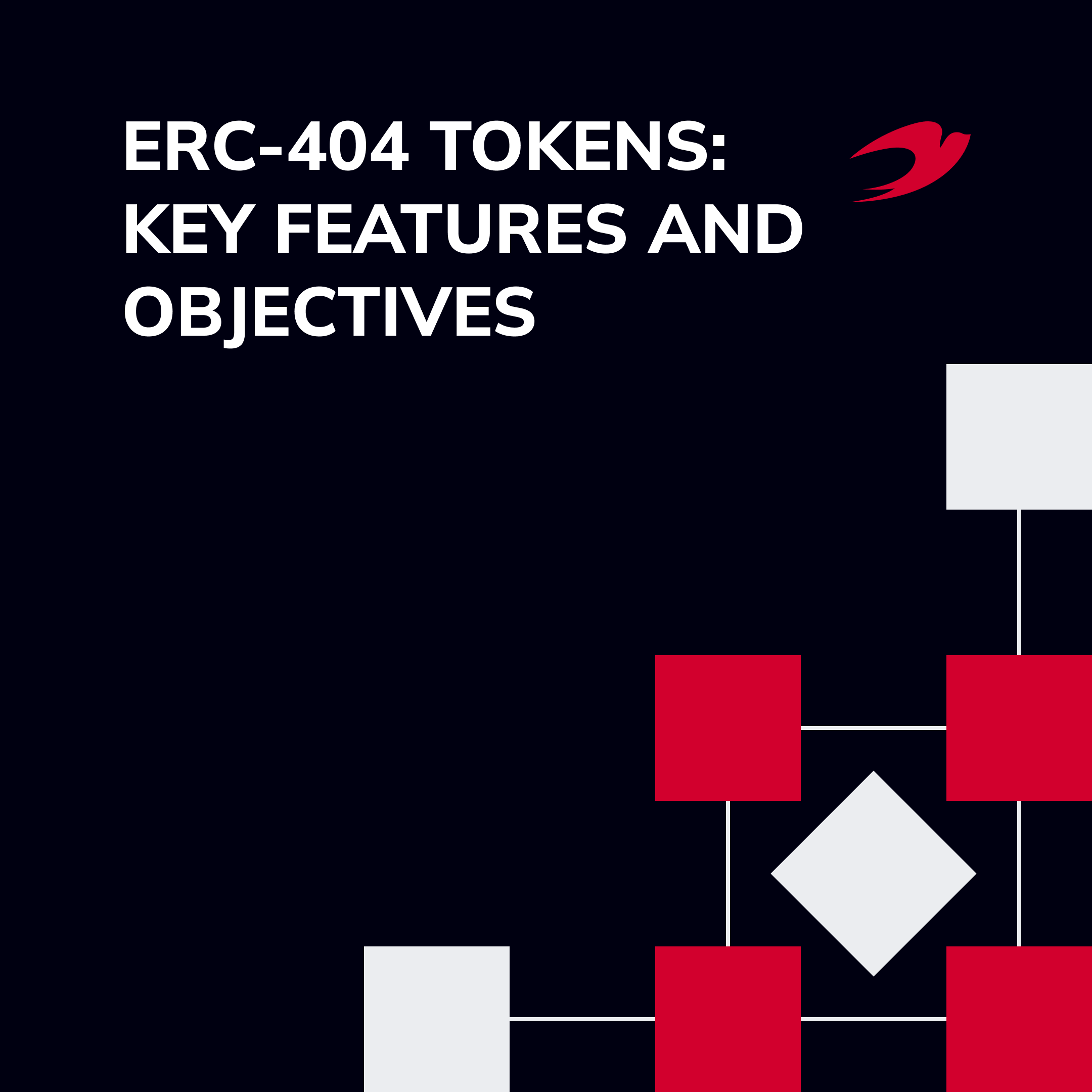The market and interest in cryptocurrencies is growing. But their mass adoption has been hindered by both the lack of regulatory frameworks and the difficulty of complying with them because of the characteristics of blockchain. For example, in some regions legislation allows financial institutions to work with crypto if they ensure AML (anti-money laundering), KYC (know-your-customer), and CTF (counterterrorism financing) solutions are used.
To make this possible, banks and other financial institutions need effective AML and KYC solutions for crypto. In this article, we look at why AML & KYC compliance is important to the industry and how financial institutions can ensure it.
Table of contents:
- What are the AML regulations for crypto?
- Why are AML regulations important for cryptocurrency?
- Current and future regulations regarding cryptocurrencies
- AML & KYC solutions for crypto
- Final thoughts
What are the AML regulations for crypto?
AML (Anti Money Laundering) is a set of procedures aimed at combating the legalization of illegally obtained capital. One of the advantages of blockchain technology is the ability to make transfers without proof of identity, which fraudsters are well aware of and try to use to their advantage. Employees of different state ministries, federal agencies, and financiers have come together and created separate structures to implement a counteraction program against money laundering.
KYC (Know Your Customer) is a generally accepted standard of control for user identification and verification. Such a system is designed to protect financial structures legally and allows services to respond to illegal user activity. KYC is designed to spare cryptocurrencies from the attacks and to prevent the possibility of blockchain being used for harm.
There are no organizations or mechanisms in the blockchain to regulate money transfers, so states are trying to implement AML and KYC in banks and exchanges to combat fraudsters. Therefore, AML and KYC solutions for crypto are very important for further industry development.
Read our article: “How to Build a Cryptocurrency Exchange Platform”
Why are AML regulations important for cryptocurrency?
A few years ago, these practices were voluntary and crypto-exchanges were often overlooked by regulators. But in 2020-2021, government agencies began to impose requirements and question companies in this area. Compliance with KYC or AML regulations in crypto is now one of the most important conditions for operations. For some crypto projects, it has become a problem, for others it has not.
If you’re legally working with crypto assets, it may seem that having KYC and AML doesn’t matter to you. But that’s just an illusion. Today, every company dealing with crypto assets is required to have the appropriate licenses, and for all regions of presence. It doesn’t matter where the firm is registered – if it serves Americans, you need to get permits in every state.
It is dangerous to invest funds in an organization that does not comply with regulatory requirements, as its accounts can be blocked at any time. Sanctions and fines can also be imposed on the company. Additionally, when there is a complete lack of regulation, users are left alone with the more experienced players who are not always honest.
At the same time, if the client is left without access to the account (if he or she loses his or her phone with 2FA or if the computer hard drive fails), sufficient information on KYC will allow them to restore access. On exchanges that do not have any customer data, this is not possible.
The implementation of KYC and AML practices requires additional funds and resources, so only law-abiding companies investing in long-term activities decide to implement them. Their implementation is an important element in the development of the crypto industry because it is the basic level of transparency and security that makes cryptocurrencies a mass tool available to everyone. After all, most users want to work legally, invest their money with certain guarantees, and comply with the laws of the country where they live.
Current and future regulations regarding cryptocurrencies
Today, many major market players are registered in the UK, because the legislative framework of this state is transparent and has excellently developed regulatory tools. Additionally, the UK was one of the first countries to introduce legislation on cryptocurrencies. Historically, exchanges that have been operating in the market for a long time are registered in the UK. This country is also great in terms of fintech regulation.
Other top jurisdictions for crypto projects are Malta, USA, Switzerland, and the Netherlands. The legislative frameworks of these countries is considered advanced in the development of taxation and regulation of cryptocurrencies.
You may have heard of the intergovernmental body FATF (Financial Action Task Force on Money Laundering). It was founded in 1989 and now includes 37 countries. FATF has developed a series of recommendations for regulating cryptocurrencies and cryptocurrency operators.
Every three months, FATF updates its list of high-risk countries. This list is determined by the strength of anti-money laundering laws in a particular country. Good cryptocurrency exchanges do not work with users from blacklisted countries and by default, increase the security on their platforms.
The laws of the cryptocurrency industry, like any other, are constantly being updated and need constant monitoring to ensure compliance. Exchanges participating in crypto alliances as well as working with FATF list tracking and interacting with FCA requirements groups are examples and indicators of trustworthiness today.
Any trustworthy exchange that plans to stay afloat for a long time must ensure AML and KYC compliance for crypto on time. However, an important role is also played by the compliance team of the exchange, which works around the clock and manually monitors any suspicious transactions. The compliance team’s task is to identify suspicious transactions. Detection is usually followed by a block to prevent any fraudulent activities on the platform.
Having an experienced AML Compliance Officer on staff is a necessity. This is a person who has access to all the information and who is responsible for the development, implementation, and maintainance of the AML risk assessment system. This role can be performed by the CEO of the company, but it is also important for the Compliance Officer to have an independent vision of the situation and the company’s work.
Having a financial security monitoring department on a cryptocurrency exchange is an important indicator of a platform’s reliability. Each platform has an individual approach to countering fraud. Often monitoring systems is similar to the scoring systems in banks and allows crypto exchanges to check the quality of every transaction. This allows for the tracking and immediate blocking of stolen funds.
For further reading, check our article about CBDC technology development and how it might address the issues with AML.
AML&KYC solutions for crypto
To meet the basic requirements, banks and other financial institutions need reliable and transparent AML and KYC solutions for crypto to track sources of transfers and monitor transactions. Such solutions also allow financial companies to reduce risk and expand their cryptocurrency operations.
Our IdeaSoft team has developed one such solution – Global Ledger. It is a cross-blockchain protocol that allows for the tracking of tokens and cryptographic transactions. The product is designed to follow FATF guidelines to help financial institutions effectively assess the risks of virtual assets without changing their current AML/CTF processes. Some Global Ledger`s features are:
- The ability to detect and counter the latest money laundering technologies, including mixing, smart contracts, NFT fraud, and more.
- The performance of extensive due diligence procedures on entities and individual accounts.
- Integration with your current AML/CTF processes.
Our team has developed a very promising product that will succeed in the crypto world and help hundreds of businesses counter money laundering.
Final thoughts
Cryptocurrency is quite an attractive way to launder money because of its confidentiality, the difficulty of obtaining funds, and an unformed legal framework. Criminals often use it to launder large sums of money. Consequently, anti-money laundering laws are designed to stop the laundering of illegal funds. Legislative action against money laundering is taken by individual governments and multinational organizations such as FATF.
AML laws require centralized cryptocurrency exchanges to ensure customer safety and that they combat financial crime. Due to the anonymous nature of cryptocurrencies, their regulation relies heavily on monitoring customer behavior and identity. This is why exchanges need AML and KYC solutions for crypto. For example, Binance has such solutions. It and many other crypto exchanges monitor suspicious AML compliance behavior and report it to law enforcement.





